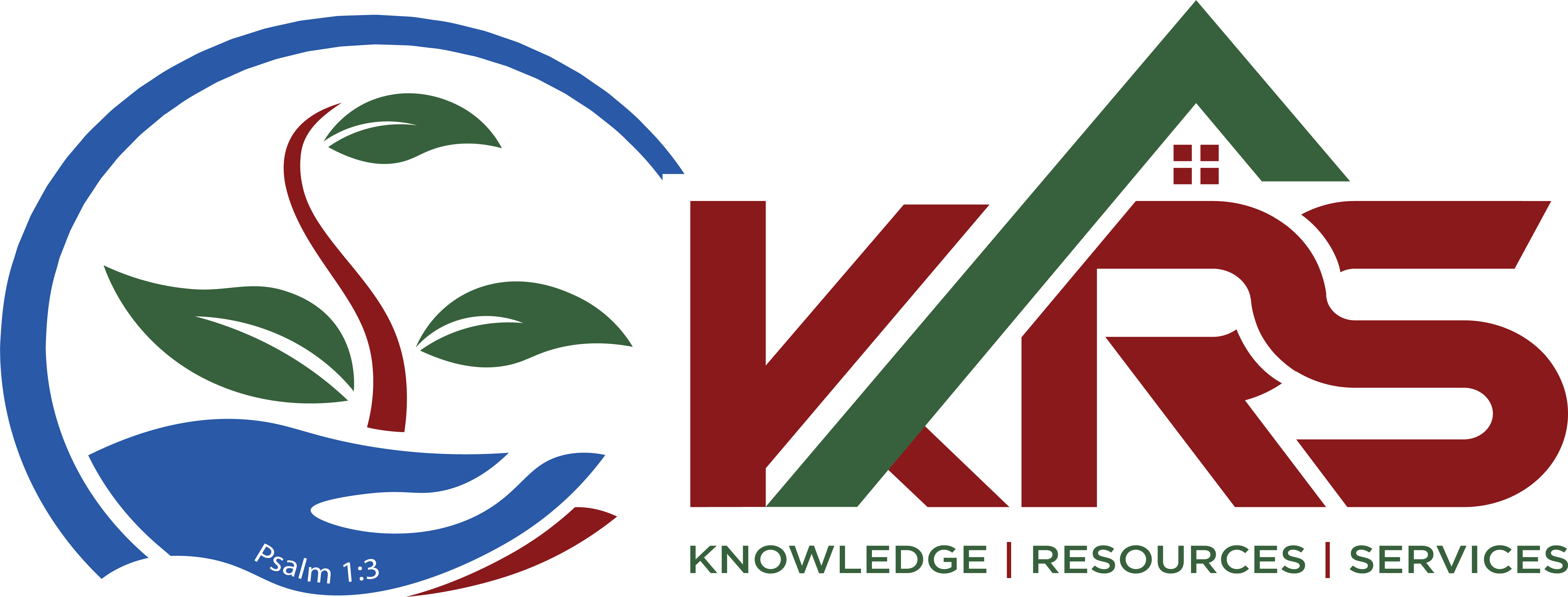
A working capital loan is a type of financing that provides businesses with the funds they need to cover their day-to-day operational expenses, manage cash flow fluctuations, and invest in short-term needs. Unlike long-term loans used for capital expenditures like buying equipment or real estate, working capital loans are intended to support ongoing business operations.
Here are some key characteristics of working capital loans:
- Short-Term Financing: Working capital loans are typically short-term loans, with repayment terms ranging from a few months to a few years. They are designed to provide businesses with immediate access to funds to cover short-term needs, such as paying suppliers, covering payroll, or managing seasonal fluctuations in cash flow.
- Unsecured or Secured: Working capital loans can be either unsecured or secured. Unsecured loans do not require collateral, while secured loans are backed by collateral, such as business assets or accounts receivable, which can help secure more favorable loan terms.
- Flexible Use of Funds: Businesses can use working capital loan funds for a variety of purposes, including purchasing inventory, covering operating expenses, investing in marketing or advertising campaigns, expanding operations, or addressing unexpected expenses.
- Quick Approval and Funding: Working capital loans are known for their relatively quick approval process and fast funding timelines, making them ideal for businesses in need of immediate cash flow support. Some lenders offer online applications and same-day funding options to expedite the process.
- Interest Rates and Fees: The interest rates and fees associated with working capital loans can vary depending on factors such as the lender, the borrower’s creditworthiness, and the loan terms. Interest rates for working capital loans may be higher than those for long-term loans due to the shorter repayment period and higher risk associated with short-term financing.
- Repayment Terms: Working capital loans typically come with regular repayment schedules, such as weekly or monthly payments, over the loan term. Businesses are required to make timely payments to repay the loan amount along with any accrued interest and fees.
Working capital loans are a valuable financing option for businesses looking to manage their day-to-day cash flow needs and cover short-term operational expenses. They provide businesses with the flexibility and liquidity to navigate fluctuations in cash flow and take advantage of growth opportunities without disrupting their operations. However, businesses should carefully evaluate their financing needs and compare loan options to ensure they choose the right working capital solution for their specific circumstances.
Pros and Cons of Working Capital Loans?
Working capital loans offer businesses the flexibility to manage their day-to-day operational expenses and cash flow needs. However, like any financial product, they come with both advantages and disadvantages. Here are some pros and cons of working capital loans:
Pros:
- Immediate Access to Funds: Working capital loans provide businesses with quick access to funds, allowing them to address immediate cash flow needs, cover operating expenses, and seize growth opportunities without delay.
- Flexibility in Use: Businesses can use working capital loan funds for various purposes, including purchasing inventory, covering payroll, paying suppliers, investing in marketing efforts, and addressing unexpected expenses. The flexibility in use makes working capital loans versatile for different business needs.
- Short-Term Financing: Working capital loans are typically short-term loans, which means businesses are not locked into long repayment terms. This can be beneficial for businesses that need temporary financial assistance or want to avoid taking on long-term debt.
- Quick Approval Process: Many lenders offer a streamlined application process for working capital loans, with minimal documentation requirements and fast approval times. Some lenders even provide same-day funding options, allowing businesses to access funds quickly when needed.
- No Collateral Required: Depending on the lender and the borrower’s creditworthiness, working capital loans may be available as unsecured loans, meaning businesses do not need to provide collateral to secure the loan. This reduces the risk for businesses that may not have valuable assets to pledge as collateral.
Cons:
- Higher Interest Rates: Working capital loans often come with higher interest rates compared to long-term loans or lines of credit. Since they are short-term financing solutions and carry higher risk for lenders, businesses may end up paying more in interest over the loan term.
- Fees and Charges: In addition to interest rates, working capital loans may come with origination fees, processing fees, and other charges, which can increase the overall cost of borrowing for businesses.
- Short Repayment Period: The short-term nature of working capital loans means businesses have a limited time to repay the loan amount, typically ranging from a few months to a few years. This can result in higher monthly payments and potentially strain the business’s cash flow if not managed properly.
- Risk of Overborrowing: Since working capital loans provide quick access to funds, there’s a risk that businesses may borrow more than they actually need, leading to excessive debt burdens and financial strain in the future.
- Impact on Credit: Defaulting on a working capital loan or making late payments can negatively impact the business’s credit score and creditworthiness, making it more challenging to obtain financing in the future and potentially affecting relationships with suppliers and vendors.
Overall, working capital loans can be a valuable tool for businesses to manage their short-term cash flow needs and pursue growth opportunities. However, businesses should carefully weigh the pros and cons, assess their financing needs, and explore alternative financing options to ensure they choose the right solution for their specific circumstances.
At KRS AGENCY, our mission is to help businesses become the best they can be. To learn more about our comprehensive services, contact us today.


















